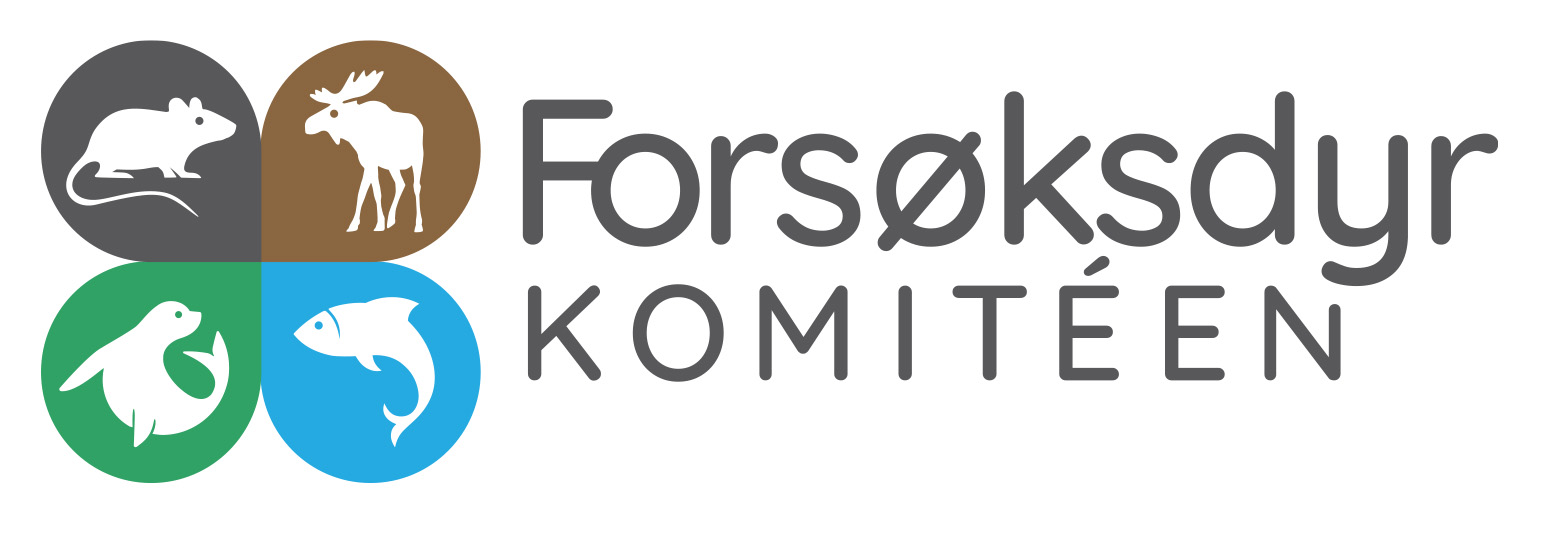
Databaser om alternativer
Sitter du i en dyrevelferdsenhet og trenger noen nyttige tips? En av Forsøksdyrkomiteens oppgaver er å dele faglig informasjon og på spørreundersøkelsen vi gjennomførte i 2019 svarte dyrevelferdsenhetene overveldende at dere trenger mer informasjon. Derfor har Forsøkskomiteen laget en rekke korte nyhetssaker med tips til dyrevelferdshetene om hvordan de kan gjennomføre kvalitetssikring av søknadene på best mulig måte.
Visste du at det finnes databaser om alternativer til bruk av levende dyr i forsøk? Det finnes store mengder av alternativer der ute, men hvor skal man begynne å lete? Her følger noen forslag på noen databaser som kan hjelpe deg i gang:
DB-ALM (Database on Alternative Methods) ved European Union Reference Laboratory for Alternatives to Animal Testing (EURL ECVAM) er en database på alternative metoder utviklet av eksperter innenfor avansert toksikologi testing uten bruk av dyr.
Følg linken til databasen her: https://data.jrc.ec.europa.eu/dataset/b7597ada-148d-4560-9079-ab0a5539cad3
Altweb (the Alternatives to Animal Testing Web Site) ved Johns Hopkins University Center for Alternatives to Animal Testing viser nyheter, informasjon og ressurser til alternativer.
Følg linken til databasen her: https://caat.jhsph.edu/
NORINA (A Norwegian Inventory of Alternatives) er en engelsk-språklig database over omtrent 3000 audiovisuelle hjelpemidler som kan brukes som alternativer eller hjelpemidler til bruk av dyr i undervisning og trening.
Følg linken til databasen her: https://norecopa.no/norina-database
InterNICHE Alternatives Database er en søkbar database med modeller, simulatorer, dataprogrammer, videoer og andre produktr som kan erstatte dyr i biologisk forskning, medisinsk og veterinærmedisinsk opplæring.
Følg linken til databasen her: http://www.interniche.org/en/alternatives
English:
Tips for the animal welfare body: Databases about alternatives.
Are you in an animal welfare body and need some good tips? One of the tasks of the Norwegian national committee for the protection of animals used for scientific purposes is to share knowledge and in the survey we conducted in 2019 the animal welfare bodies answered overwhelmingly that you want more information. Therefore, the committee have produced a set of short news pieces including tips for the animal welfare bodies on how to conduct the quality control of the applications in the best way.
Did you know there are databases about alternatives to using live animals in research? There are large amounts of alternatives out there, but where to start looking? Here follows a few suggestions on databases that can help you get started:
DB-ALM (Database on Alternative Methods) at European Union Reference Laboratory for Alternatives to Animal Testing (EURL ECVAM) is a database on alternative methods produced by experts on advanced non-animal tests for toxicology assessments.
Follow the link to the database here: EURL ECVAM dataset on alternative methods to animal experimentation (DB-ALM)
Altweb (the Alternatives to Animal Testing Web Site) at Johns Hopkins University Center for Alternatives to Animal Testing, is a gateway to alternatives news, information and resources.
Follow the link to the database here: https://caat.jhsph.edu/
NORINA (A Norwegian Inventory of Alternatives) is an English-language database containing information on approximately 3,000 audiovisual aids that may be used as alternatives or supplements to the use of animals in education and training.
Follow the link to the database here: https://norecopa.no/norina-database
InterNICHE Alternatives Database is a searchable database of models, simulators, mannekins, software, videos, and other products that can replace animals in biological science, medical and veterinary medical education.
Follow the link to the database here: http://www.interniche.org/en/alternatives
